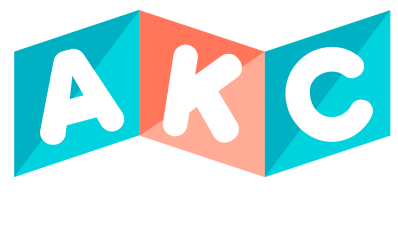It isn’t necessary for your 1- to the 3-month-old child to have strong teeth to intake solid food. You can mash the food into small particles and feed your child. Babies are usually smart and know how to chew before they swallow.
But the question here isn’t how to feed the child. It’s about knowing the right time to feed solid food to your child.
The Right Time to Feed Solid Food to Your Baby
The Expert’s Advice
Pediatricians usually suggest going all-natural for the first six months: breast milk only. It’s healthy, easy to digest, and natural. But some babies are healthy and get ready for solid food earlier than six months. For such kids, you can make an exception. However, we still recommend waiting until your baby is four months old.
A Mother Knows Well
Deciding the right time to add solid food to your child’s menu isn’t easy, especially for first-time parents. If your child is healthy, you can add new items before six months. Otherwise, you may have to wait until the baby reaches six months or connect with your pediatrician to know the best time to add solid food to your child’s diet plan.
However, a mother knows her child the best. With time you’ll get used to the newborns and would understand their language and eating habits. She knows what’s good for her baby and what’s not. She knows if the baby is crying for food or wants a diaper change. And ultimately, she may decide when it’s best to start feeding solid foods.
Change in Eating Habits
As your baby keeps on growing, you’ll notice variations in their eating habit. They start to drink more milk in one go. So the frequency of feeding drops, but it doesn’t mean that they have reduced their milk intake. However, if that’s the case, you may want to consult your pediatrician.
The general rule is to be attentive and monitor your baby’s eating habits. Monitoring will help you decide better when you may start feeding solid food.
Signs that Your Baby is Ready to Take Solid Food
Here are a few signs that your child is ready to get solid food:
- They’re getting strong and can sit up in a high chair.
- They’re fascinated by food. Babies attracted to your food or that on the table and may want to eat are likely ready to eat solid food.
- They don’t throw away the food you feed them.
- They weigh twice the weight of their birth or even close to it.
How to Start Feeding Solid Food to Your Baby?
When the right time comes, you can begin with a single-grain, iron-fortified infant cereal. Begin with 1 or 2 tablespoons cereal mixed with breastmilk formula, water, or other. Feed your baby using small spoons for babies.
Don’t add cereals or other food items to bottles for babies because it could cause excessive weight growth. Allow your child to practice eating with a spoon and stop eating when they are full.
When your child is getting used to solid food, such as meat, fruit, vegetables, etc., giving them one food at a time is better. That will ensure your baby doesn’t suffer from any allergic reaction.
Food that can cause allergies may include eggs, peanuts, seafood, cow’s milk, wheat, nuts, and soy. Consult the pediatrician if you’re worried about food allergies, particularly if a family member suffers from health conditions like asthma or eczema.
When your baby is just starting to intake solid food, be sure to avoid:
- Foods that have added sugars and sweeteners with no calories
- High-sodium foods
- Honey, until they turn one year old. Otherwise, it could lead to botulism in infants.
- Unpasteurized juice, milk, yogurt, or cheese
- Regular dairy products like cow’s milk for up to 12 months. It’s fine to give dairy products such as pasteurized yogurt or cheese.
- Foods that can trigger choking, like raw carrots, hot dogs and grapes, popcorn and nuts
- Fruit juices to babies less than 12 months old.
Gradually introduce new food to your child from all food categories in the coming weeks. If your child isn’t enjoying certain foods, don’t give up. Babies could take several attempts to accept new food items and want them to the fullest.





